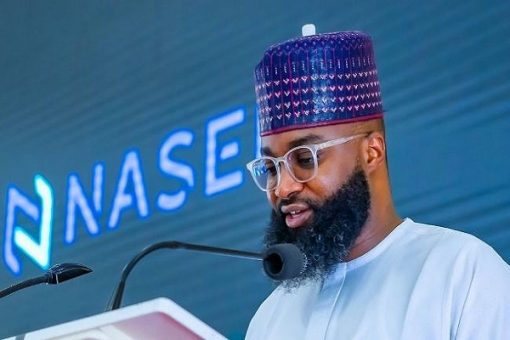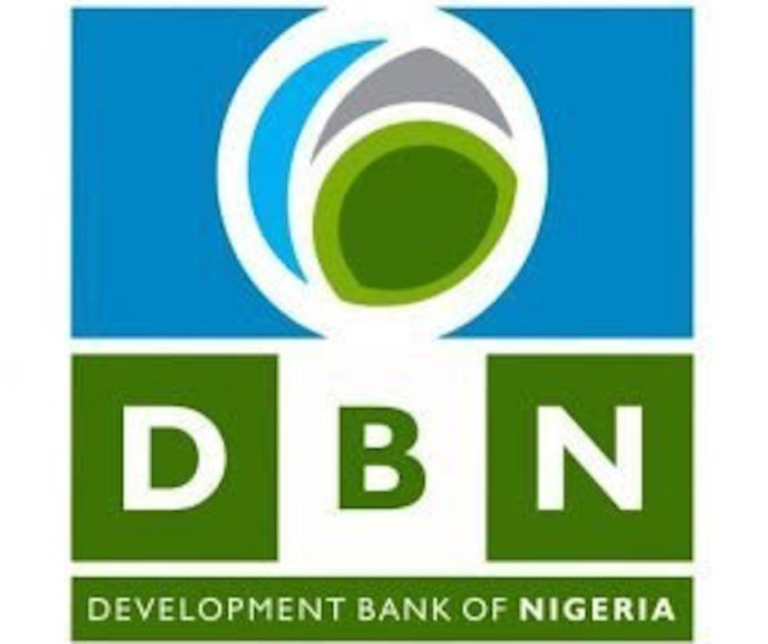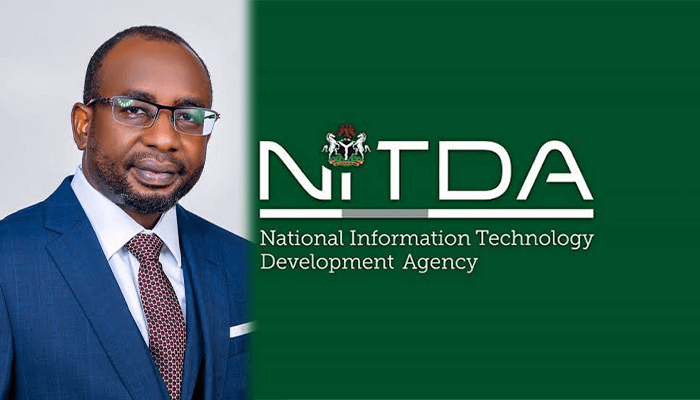A group of white Afrikaners, strongly opposed to the transition to majority Black governance following the end of apartheid nearly thirty years ago, established a separatist community known as Orania. This town is unique in South Africa as it is exclusively inhabited by white residents, including those in low-wage jobs.
Currently, the 3,000 residents of Orania, located in the semi-arid Karoo region, are seeking assistance from U.S. President Donald Trump to achieve statehood.
Last week, leaders from Orania traveled to the United States to pursue recognition as an independent entity. While South African authorities recognize it as a town capable of levying local taxes and providing services, the community is eager for further acknowledgment.
“We aimed to gain recognition, especially with the current American interest in South Africa,” stated Joost Strydom, leader of the Orania Movement, while standing on a hill adorned with statues of historical Afrikaner leaders from the era of oppressive white minority rule, which was dismantled through internal resistance and global condemnation.
The 8,000-hectare settlement is experiencing an unprecedented surge of support from right-wing Americans for Afrikaner nationalists, who lost their political power when apartheid ended in 1994 and Nelson Mandela became the first Black president of South Africa.
During their visit to New York and Washington, the Orania leaders engaged with influencers, think tanks, and lower-ranking Republican officials.
“We explained that South Africa is such a diverse nation that central management is not a viable approach,” Strydom remarked.
Three senior officials from Orania, interviewed by Reuters, were unclear about the specific assistance they were seeking in the U.S. They clarified that they were not looking for financial aid but rather investment to construct housing to accommodate their 15% population growth, as well as to enhance infrastructure and achieve energy independence, which they have nearly accomplished through solar power.
Strydom refrained from disclosing whether his delegation had any interactions with the Trump administration. The U.S. State Department did not provide an immediate response to a request for comment.
Chrispin Phiri, spokesperson for the South African foreign ministry, told Reuters: “Orania is not a country. They are subject to South African laws and our constitution.”
Other Afrikaner nationalist organizations have traveled to the United States to forge connections with predominantly white, Republican audiences, leading to accusations at home that these visits exacerbate racial tensions.
Recently, the leftist Economic Freedom Fighters (EFF) criticized the leaders of Orania for “undermining the unity of this country,” a claim that the leaders of Orania deny.
‘BEGINNING OF A NEW ERA’
Afrikaners are the descendants of Dutch settlers who arrived in the 1600s. They opposed British rule in South Africa, but once they gained control, they intensified racial segregation through a series of discriminatory laws.
“There were 17,000 laws concerning land alone,” stated Phiri, a spokesperson for the foreign ministry. “We had to… reshape South Africa into a nation that reflects all its inhabitants.”
In 1991, as apartheid was coming to an end, around 300 Afrikaners took over Orania, an abandoned water project along the Orange River, with the aim of establishing a homeland solely for white Afrikaners.
“This marks the beginning of something significant,” said Carel Boshoff, a former leader of the Orania Movement, who likened their quest for independence—evidenced by Orania’s use of its own informal currency—to that of Israel, which was founded after World War II despite strong opposition from the local Arab population.
Boshoff, whose father was the town’s founder and whose grandfather, Hendrick Verwoerd, is often regarded as the architect of apartheid, envisions a territory extending nearly 1,000 miles to the west coast.
Orania’s operations are financed through local taxes and contributions from supporters and residents.
Its leaders were disappointed to discover that the only topic of interest to those in the United States was the possibility of U.S. residency, following Trump’s offer in February to resettle white South African farmers and their families as refugees.
“We cannot afford to export our people,” Boshoff told Reuters, standing next to a framed picture of his late grandfather. “We urged them… ‘assist us here’,” he added.
Some right-wing groups in the U.S. have attempted to align themselves with Afrikaners in their shared opposition to diversity initiatives designed to uplift historically marginalized non-white communities. South Africa’s Black empowerment legislation has faced criticism from Elon Musk, an adviser to Trump who was born in South Africa.
These laws prompted Hanlie Pieters to relocate to Orania eight months ago after spending 25 years in Johannesburg, where she now serves as the head of marketing for the local technical college.
Pieters expressed concern for her children’s future, questioning the opportunities available to them due to employment quotas favoring Black workers, all while trainee plumbers and electricians practiced their skills in a nearby workshop.
See more: National Assembly: Results of the 2025 Inaugural Extraordinary Session.
Currently, one-third of South Africans are unemployed, with the majority being impoverished Black individuals.
Bongani Zitha, a 49-year-old man without a job, remarked that he believes “people in Orania… are doing quite well” compared to many others in South Africa. “There are so many individuals seeking opportunities. It’s a tough situation,” he lamented.
Having lived in a corrugated shack in Soweto without access to piped water or sewage since 1995, Zitha noted that at least the residents of Orania enjoy “rights to health, education, and everything.”
He also pointed out that, unlike during the era of white minority rule, the people of Orania have the freedom to choose where they live.







